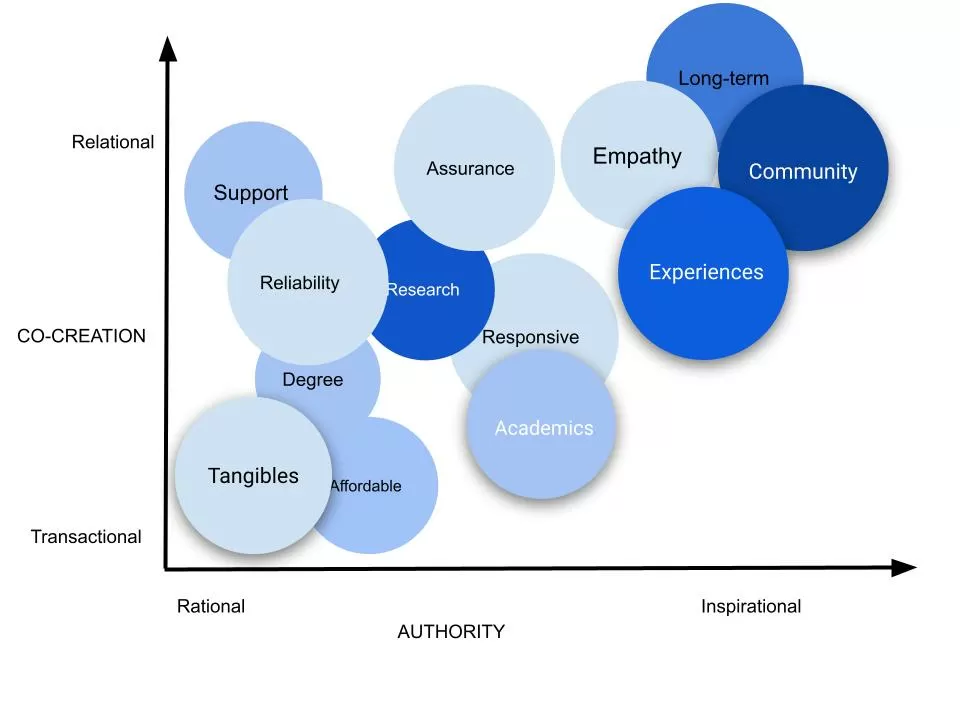In today’s digital world, marketing education is evolving at a rapid pace. It is no longer enough to just learn traditional marketing techniques and theories – students must also be equipped with the knowledge and skills to adapt to the ever-changing landscape of the industry.
This is where the co-creation edge in marketing education comes into play. In their recent article, co-authors Maria Petrescu, John T. Gironda, Anjala S. Krishen, Adina Dudau, J. Ricky Fergurson, Steven A. Stewart, Philip Kitchen, and Monica Fine reflect on the inspiration behind this concept and its importance in shaping the future of marketing education.
The idea of co-creation in marketing education originated from the need for a more interactive and collaborative approach to learning. Traditional teaching methods often revolve around lectures and textbook readings, which can be passive and one-dimensional. This can hinder students’ ability to develop critical thinking skills and creative problem-solving abilities – essential skills for a career in marketing.
The co-authorship team realized that in order for students to succeed in the marketing industry, they needed to be active participants in their own learning. This led to the integration of co-creation techniques in their teaching methods.
Co-creation involves students working together with their instructors to co-create knowledge, rather than simply receiving it. This can take many forms, such as group projects, case studies, and simulations. By involving students in the creation of their own learning experiences, they become more engaged and motivated to learn.
Not only does co-creation enhance the learning experience for students, but it also prepares them for the collaborative nature of the marketing industry. In today’s marketing landscape, professionals must work together with various stakeholders, such as clients, colleagues, and consumers, to achieve success. By practicing co-creation in the classroom, students develop essential teamwork skills that will benefit them in their future careers.
Furthermore, co-creation also promotes diversity and inclusivity in marketing education. Involving students in the co-creation process allows for different perspectives and ideas to be shared. This not only enriches the learning experience but also fosters a sense of belonging and acceptance among students from diverse backgrounds.
The co-authorship team has witnessed firsthand the positive impact of co-creation in marketing education. They have seen students develop confidence, creativity, and critical thinking skills through hands-on, collaborative learning experiences. The results have been impressive, with students producing high-quality work and achieving academic success.
The success of co-creation in marketing education has also been recognized by industry professionals. Employers are looking for graduates who possess not only theoretical knowledge but also practical skills and the ability to adapt to change. Co-creation techniques provide students with the necessary skills to excel in the industry.
The co-authorship team strongly believes that co-creation in marketing education is the key to staying relevant and competitive in today’s dynamic marketing landscape. As marketing professionals, it is our responsibility to equip the next generation with the tools and skills they need to succeed.
In conclusion, the co-creation edge in marketing education is a powerful concept that is shaping the future of the industry. It not only enhances the learning experience for students but also prepares them for the real-world challenges of the marketing industry. As Maria Petrescu, John T. Gironda, Anjala S. Krishen, Adina Dudau, J. Ricky Fergurson, Steven A. Stewart, Philip Kitchen, and Monica Fine reflect on their experiences, it is evident that co-creation is the way forward in marketing education. Let us embrace this concept and empower the next generation of marketing professionals.

